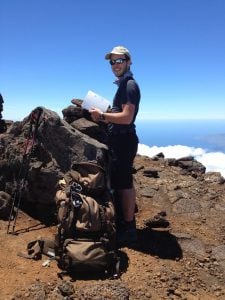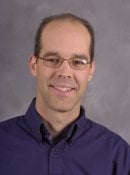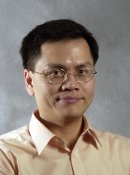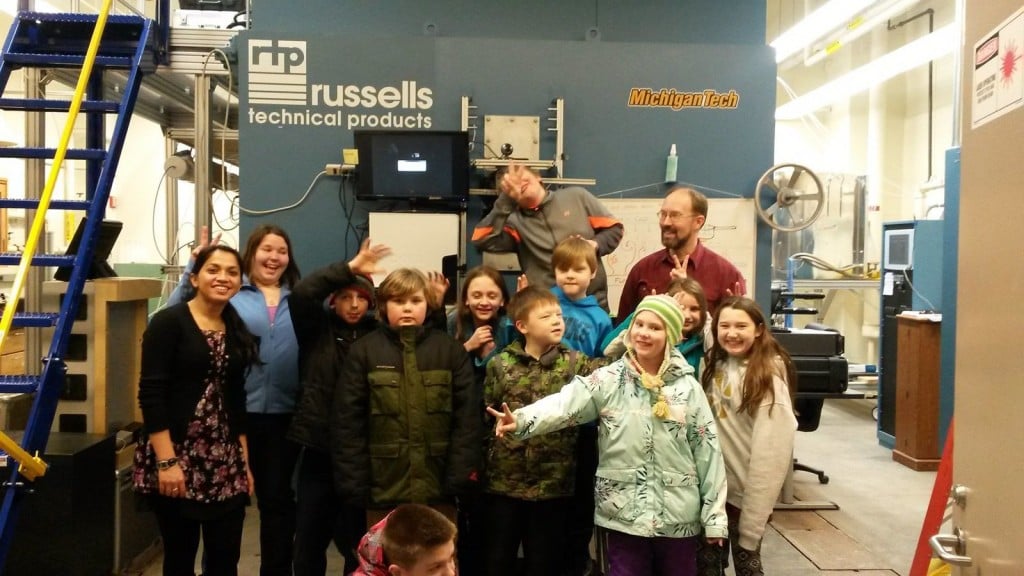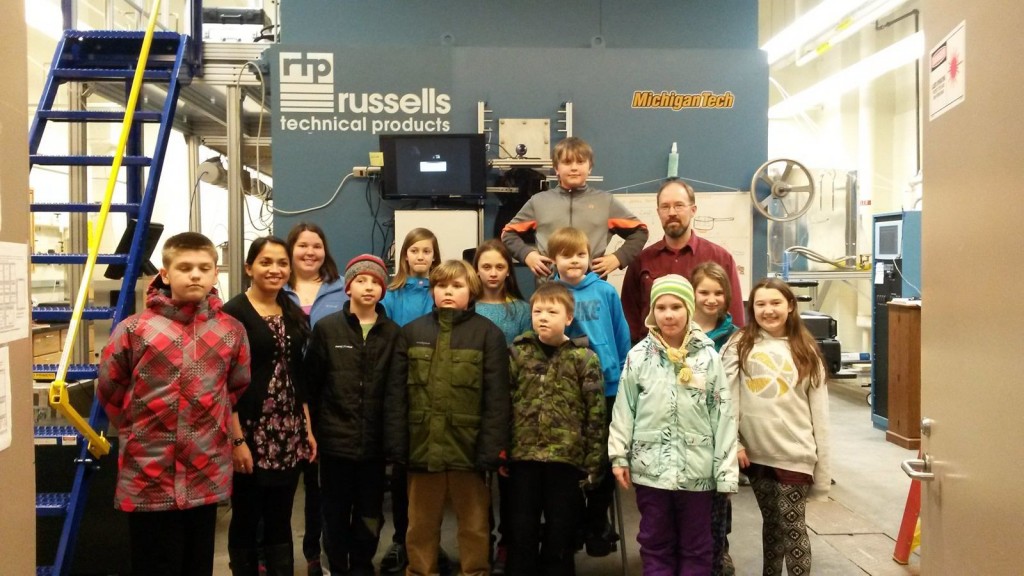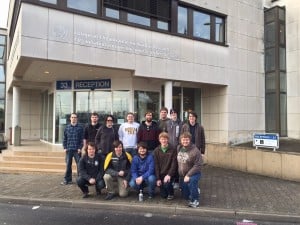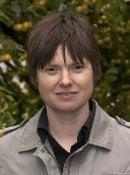 Petra Huentemeyer (Physics/EPPSI) received a $170,000 research and development grant from the National Science Foundation (NSF).
Petra Huentemeyer (Physics/EPPSI) received a $170,000 research and development grant from the National Science Foundation (NSF).
Huentemeyer is the principal investigator for “Investigating Large Scale Structures and Galactic Plane Morphologies at TeV Energies with the HAWC Observatory.”
This is the first year of a three-year project potentially totalling $510,000.
From Tech Today
